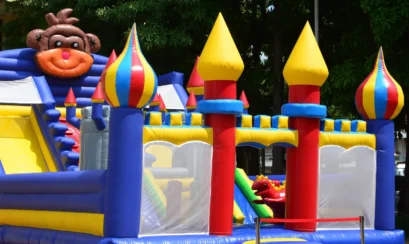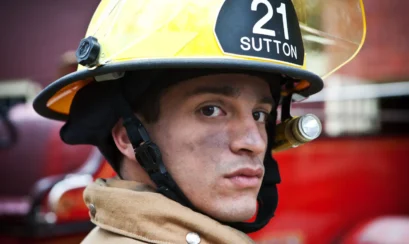In 2019 the High Court ruled that police cannot arrest people solely for the purpose of questioning them if they don’t have an intention to charge. This decision also gives rise to another question – can police legally strip search a person if they suspect they have something illegal in their possession?
Man claims damages after being arrested but not charged
In this particular case, a man was accused of breaching an apprehended violence order in 2013. Police arrested him after the complaint, questioned him and released him without charge. (See New South Wales v Robinson [2019] HCA 46.)
The man took police to the Supreme Court, claiming damages over the arrest. In their defence, the State of NSW argued that police should be able to arrest and detain people and then charge them with what they learn during questioning.
A majority of the High Court ruled police arrest powers under section 99 of the NSW Law Enforcement (Powers and Responsibilities) Act 2002 did not justify arrest “where it is merely for the purpose of questioning”. Under that section police may arrest a person without a warrant if the officer suspects “on reasonable grounds” the person has committed an offence or is about to do so.
In this matter, the High Court found that police had no intention to charge the man when he was arrested. Thus, the arrest was unlawful.
In what circumstances can police arrest a person?
Under Part 8 of the Law Enforcement (Powers and Responsibilities) Act, police can arrest to prevent someone fleeing, to establish identity, to preserve evidence, or obtain property in connection with the offence.
They can also arrest to prevent interference with a person who may give evidence or to protect the safety of any person, including the person arrested.
There must be reasonable grounds for an arrest
The High Court’s ruling in this case is important, as it confirms arrest is a serious action that deprives a person of their liberty and shouldn’t be used just to take people in for questioning without “reasonable grounds” for intending to charge with an offence.
The Act also stipulates that police must, as soon as reasonably practical, take the arrested person before an authorised person to be charged, or release them within four hours.
When can police stop, detain and strip search a person?
If police have “reasonable grounds” to suspect a person has something illegal in their possession, they have the power to stop, detain and search them. Interestingly, while a strip search should only be done as a last resort, these have almost doubled in NSW over the past four years.
Under Part 4, Division 4 of the Law Enforcement (Powers and Responsibilities) Act, the “reasonable grounds” for a strip search must have a factual basis for the suspicion and there must be more than a possibility that a person is carrying something illegal.
Legislative changes which are presently making their way through NSW parliament will probably see major changes in this area.
Recruitment of cavity carriers by drug dealers
One reason for a large rise in strip searches over recent years has been because of the drug dealer response to previous changes. Recruitment by drug dealers of young people, especially young females, has no doubt resulted in more drugs getting into music festivals.
The arrest of many cavity carriers, especially young women, has resulted in many young lives being shattered by weighty convictions for serious drug offences. (For more information, please see Why your non-dental cavities may be of interest to the authorities.)
To conduct a strip search it must be considered necessary, serious and urgent
While drug smugglers use body cavities to carry illegal contraband, police can only strip search if they suspect, on “reasonable grounds”, that it is necessary, and the need is serious and urgent.
Furthermore, police are not allowed to search body cavities or have someone squat and cough unless it’s done in a “private area”. Searches must also be conducted by an officer of the same gender.
Know your “strip search” rights
There are grey areas in law regarding what constitutes “serious, urgent or necessary” and what is defined as a private area. Before conducting a strip search, police must ask for your cooperation and, while you cannot legally refuse a police body search, it’s important to tell police that you know your rights.
If taken for a body search, it’s prudent to get the name of the police officer and their station and ask the reason for the search. Tell police you do not consent and insist that the officer officially notes this. You are also entitled to have a friend or witness present for the search.
Children under ten cannot be strip searched and if police body search a person aged between ten and 17, they are legally required to have a support person present. However, if police think evidence will be destroyed and the search is urgent, they can search without a parent or guardian there.
Understanding your rights in relation to a strip search may be useful if you later wish to challenge a police charge. This is particularly relevant if the police have not followed legal procedure, and it may give the court reason not to allow the discovery.
If you have been charged after a body search, it’s wise to seek legal advice before proceeding with any action.















